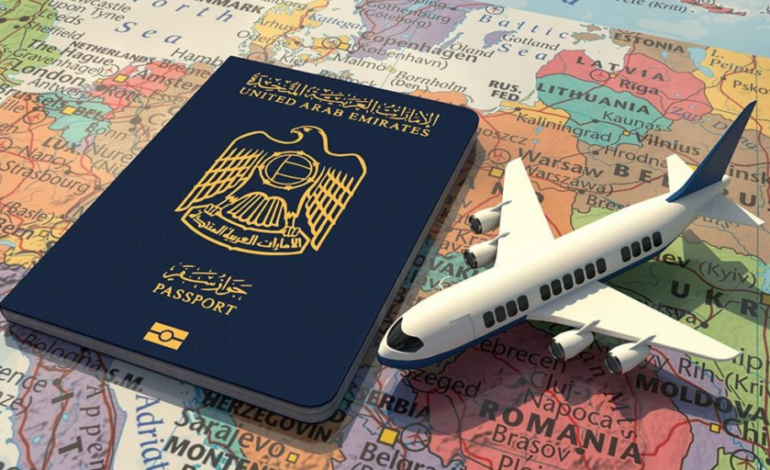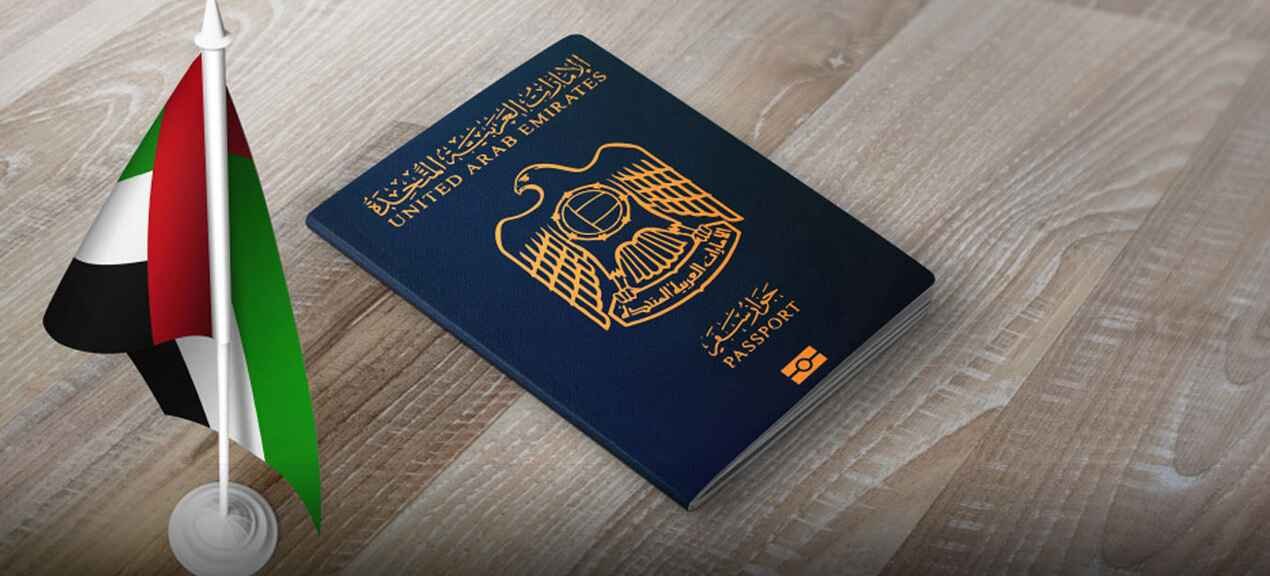
UAE Visa Grace Period 2025 – How Long Can You Stay After Expiry?
Discovering your UAE visa has expired can be a stressful experience, filled with questions about fines and your legal status. The good news is that the UAE government provides a grace period—a crucial buffer of time after your visa expires during which you can renew your visa or leave the country without facing penalties.
However, the rules for this UAE Visa Grace Period differ significantly depending on your visa type. A tourist has a different window than a long-term resident, and understanding these distinctions is key to avoiding fines. This guide explains the latest 2025 grace period rules for all major UAE visa types, helping you navigate your options with clarity and confidence.
Grace Period for Different UAE Visas (2025)
The length of your grace period is directly tied to the type of visa you hold. Here is a clear breakdown of what you can expect after your visa expires.
| Visa Type | Grace Period (Days) | Key Notes |
|---|---|---|
| Tourist Visa | 0–10 days | This can vary. Some nationalities or visa types may have no grace period, while others get 10 days. Always confirm upon entry or with official sources. |
| Transit Visa | 0 days | There is no grace period for transit visas. You must exit before the visa expires. |
| Work/Residence Visa | 30 days | This is the standard for most expatriate residents after their visa expires or is canceled. |
| Student Visa | 30 days | Students sponsored by a UAE educational institution receive the same grace period as other residents. |
| Green Visa | 90–180 days | This self-sponsored visa offers a flexible and generous grace period, allowing holders significant time to find new work or make arrangements. |
| Golden Visa | 180 days | Holders of the 10-year Golden Visa benefit from the longest grace period, reflecting their long-term status in the country. |
*It’s essential to verify the grace period for tourist visas, as policies can be updated. Check the official GDRFA or ICP websites for the most current information.
Why Grace Periods Matter?
The grace period is more than just extra time; it’s a practical and humane policy designed to provide flexibility during times of transition.
For residents who have lost their job, the grace period offers a vital window to search for new employment without the immediate pressure of having to leave the country. It gives families the necessary time to renew documents, manage school transfers, or handle other logistical matters that arise when a visa is expiring.
For tourists whose travel plans change unexpectedly, a grace period provides a short buffer to book a new flight or apply for an extension without incurring immediate fines. It is a key component of the UAE’s welcoming yet well-regulated immigration system.
What Happens After the Grace Period Ends?

The moment your grace period concludes, your status in the UAE changes to “overstayer,” and the consequences begin immediately.
- Overstay Fines: Daily fines start calculating from the first day after the grace period ends. These typically range from AED 50 to AED 100 per day, depending on your visa type.
- Immigration Record Violation: Your immigration file is flagged for the violation, which can complicate future visa applications.
- Potential Travel Bans: Individuals who accumulate significant fines or are found to be repeat overstayers may be subject to a travel ban, preventing them from re-entering the UAE for a set period.
Staying beyond your grace period is a serious matter, and it is always best to resolve your visa status before it expires.
How to Use the Grace Period Effectively?
Your grace period is an opportunity to act. Use this time wisely to secure your legal status or plan your departure.
- Apply for Renewal or Extension: If you plan to stay, use the grace period to apply for a visa extension (for tourists) or a renewal (for residents). Do not wait until the last day.
- Switch Your Visa Type: The grace period is an ideal time to change your visa status. For example, a resident whose work visa was canceled can apply for a tourist visa to extend their job search, or a tourist who finds a job can begin the work visa process.
- Plan Your Exit: If you do not intend to renew your visa, book your flight and exit the UAE before the final day of your grace period. This ensures you leave with a clean immigration record.
FAQs – UAE Grace Period 2025
Does every tourist get a grace period?
Not necessarily. While a 10-day grace period is common for many tourist visas, some nationalities or specific promotional visas may have zero grace days. Always confirm your specific visa conditions upon arrival or through official channels.
Is there a grace period after my work visa is canceled?
Yes, after a work visa is officially canceled, you typically have a 30-day grace period to either find a new sponsor and transfer your visa or exit the country.
Can the grace period be extended?
No, the grace period itself cannot be extended. However, during the grace period, you can apply for a new visa or a visa extension, which, if approved, will grant you a new period of legal stay.
Do my children and other dependents also get a grace period?
Yes, the grace period applies to all visa holders, including dependents. If the sponsor’s visa expires, the dependents’ visas linked to it also expire, and they share the same grace period.
What happens if I leave the UAE on the last day of my grace period?
Leaving on the last day is perfectly legal and will not result in any fines. However, to avoid any potential issues at airport immigration, it is always safer to leave at least a day or two before the period ends.
Conclusion
The UAE’s visa grace period is a critical feature that provides essential flexibility for both visitors and residents. By understanding the specific rules that apply to your visa type, you can manage your stay effectively and avoid the stress and cost of overstay fines.
Always keep track of your visa expiry date and use the grace period as intended—as a window of opportunity to renew, switch, or plan your departure. For the most accurate and up-to-date information, refer to the official government portals.





